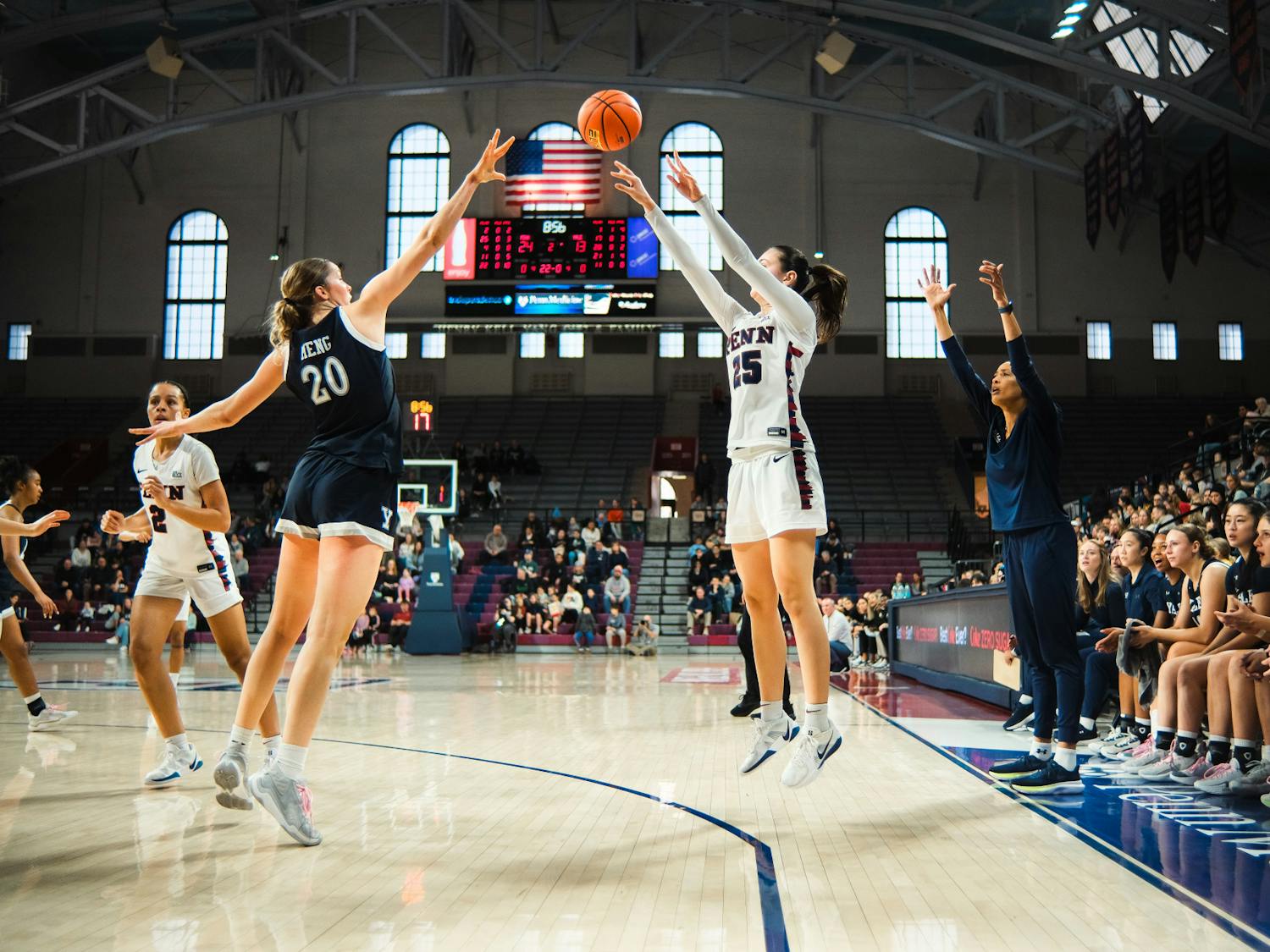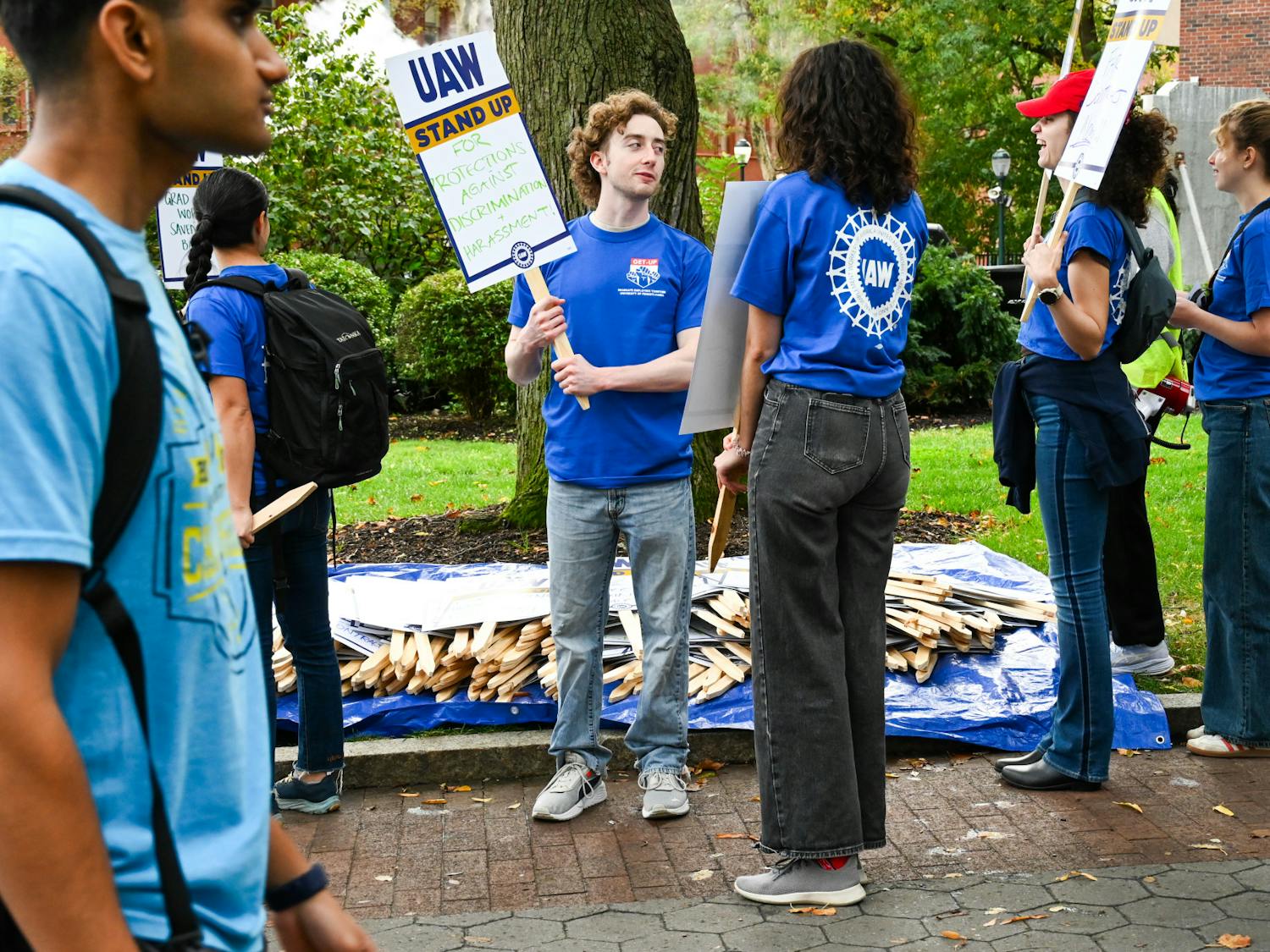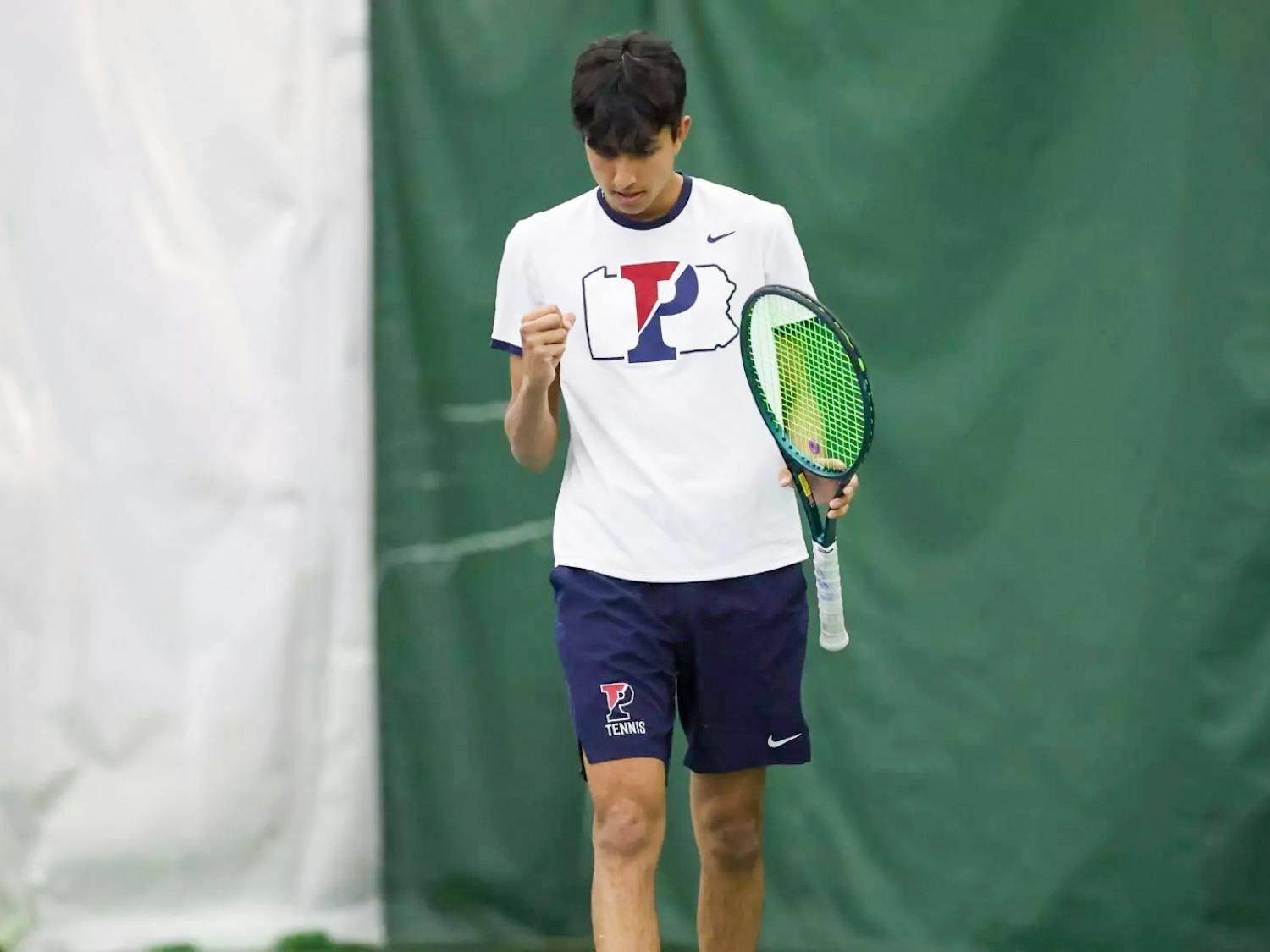Some Greek life chapter houses are reopening as residences at limited capacity this semester — but fraternity and sorority operations will largely remain virtual.
With Penn welcoming students back to campus this semester and eager students partaking in rush, about half of on-campus Greek life chapter houses will open at reduced capacity, Associate Vice Provost for Student Affairs Tamara Greenfield King said. She added that Greek life organizations will not be able to use the chapter houses as communal spaces or places to host any in-person events.
“The houses are 100% closed to all visitors,” she said. “Even if you are a member of the fraternity or sorority, but you are not signed up to live in the house this semester, you cannot enter the homes, and that is purely a safety and precaution."
King declined to state which chapter houses are open, citing security reasons.
She said the University will provide daily cleanings and hygienic supplies, including hand sanitizer, to students living in the chapter houses. Students are also expected to wear masks and social distance when on campus, in accordance with the Student Campus Compact COVID-19 guidelines.
Wharton junior Obed Antoine, a member of Pi Kappa Alpha, is living in a chapter house this semester. He currently lives with nine other fraternity brothers, filling half of the house's capacity of 20. The students are abiding by campus regulations to prevent the spread of COVID-19 and have signed a house contract among themselves to limit exposure to people outside of their social pod. Antoine said they occasionally meet in person for outdoor excursions in accordance with COVID-19 guidelines.
“As much as possible, with respect to the rules, [we’re] trying to make sure we're able to actually meet in person and do things,” he said.
Although Greek life students are back on campus, they still face a semester without normal in-person events. King said that the Office of Fraternity/Sorority Life has been working with Greek organizations to ensure all future events are held virtually.
RELATED:
Penn to announce extended COVID-19 testing and Greek Life-specific mitigation strategies
Some Greek organizations reduce chapter dues this fall in light of lost in-person experience
"We have trained [for virtual programming] and held workshops on it, and discussed it on a weekly basis with the fraternity and sorority life," King said.
College junior and Interfraternity Council President Kaden Stenger commended OFSL's efforts to adapt Greek life for the spring semester. College junior and president of the alpha Kappa Delta Phi sorority Sabrina Tian said OFSL assigned advisors to each Greek life organization to meet monthly with fraternity and sorority leaders and discuss individual Greek life goals, as well as provide information on policies affecting Greek life.
Tian said that much like in the fall semester, aKDPhi is using online platforms to organize social events.
“We're going with the same format of starting out with presentations in a small Zoom [session] and then having everyone move to [Gather],” she said. “It just worked out really well last time, so hopefully we’ll have a good turnout.”
Gather is an online program used by students in academic and recreational settings to simulate classrooms and in-person interactions. Antoine and Tian said Greek life organizations have also adopted other online platforms, including Discord, an instant messaging platform frequently used for gaming, and Notion, an online workspace platform.
“We use Discord to play games with each other,” Antoine said. “Obviously it's not the same or as fun as doing those things in person, but we do try to mimic the things we would normally do in person online.”
Tian said her sorority hosts “sisterhood events,” like "The Bachelor" watch parties and game nights. She added that aKDPhi members have also used Discord to create study rooms. Tian said, however, that she is concerned members may suffer from “Zoom burnout" as a result of frequent online interaction.
"I guess we're all just trying our best to maintain that balance between not overwhelming people with some events, but also having enough events so people still feel like a community,” she said.









